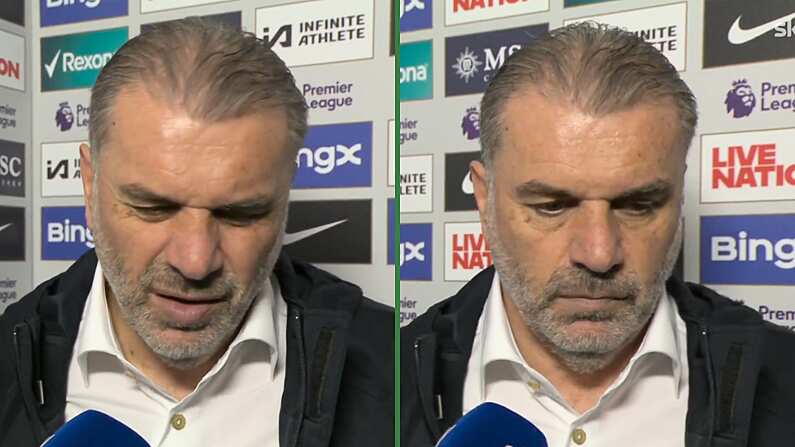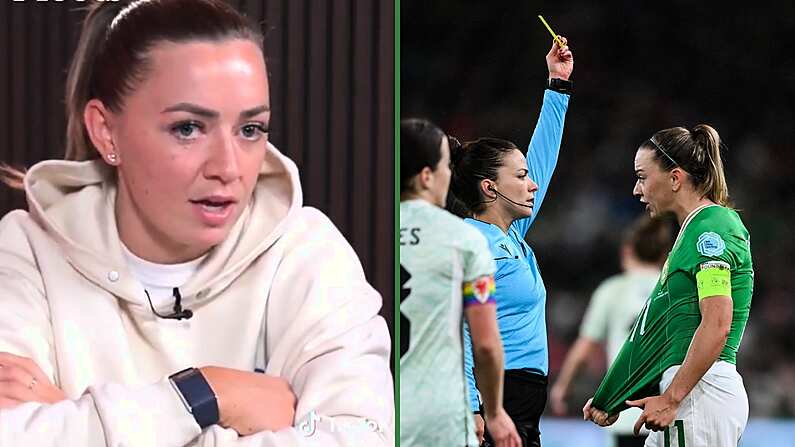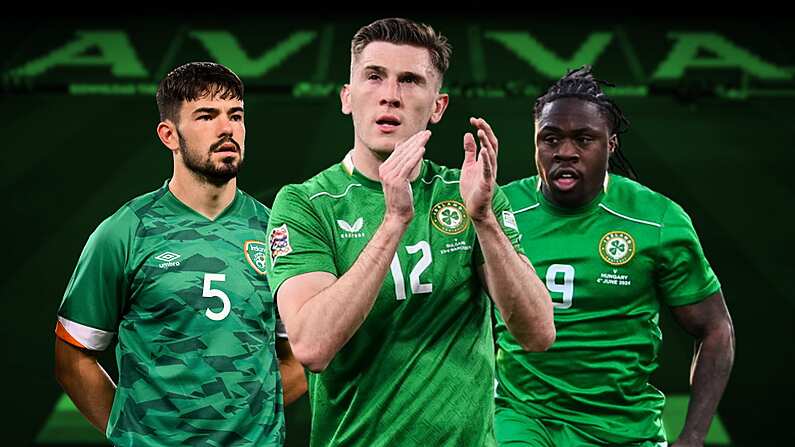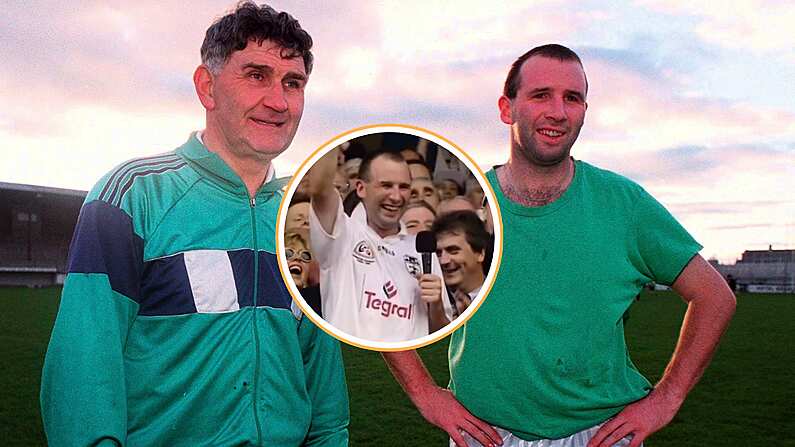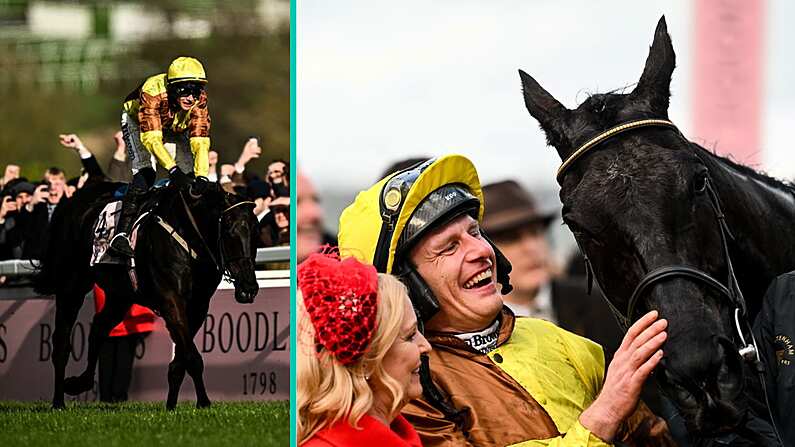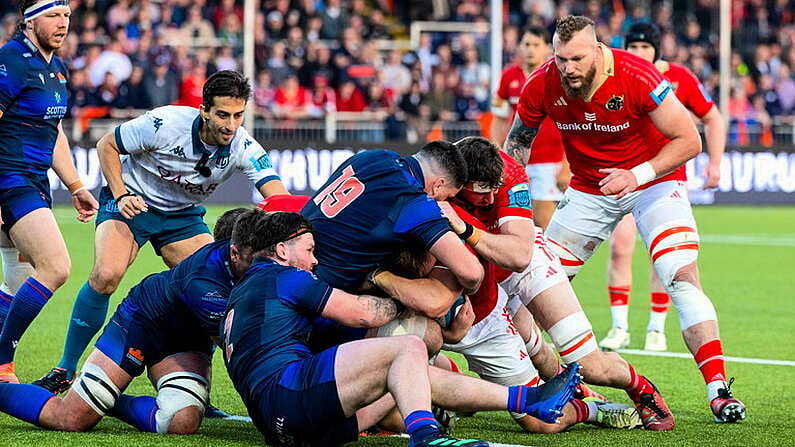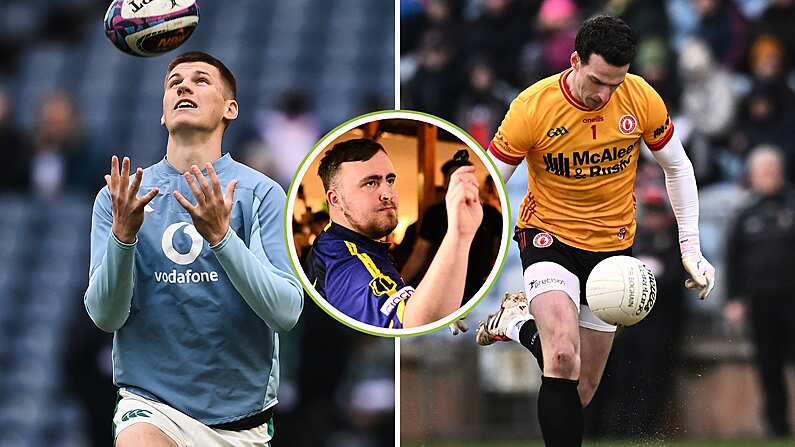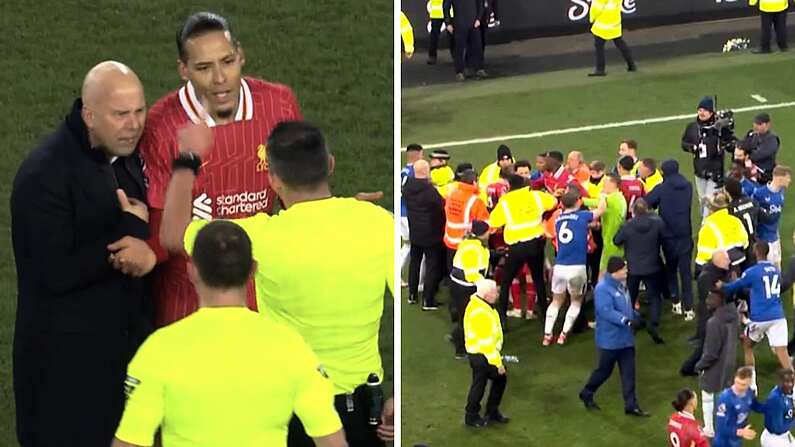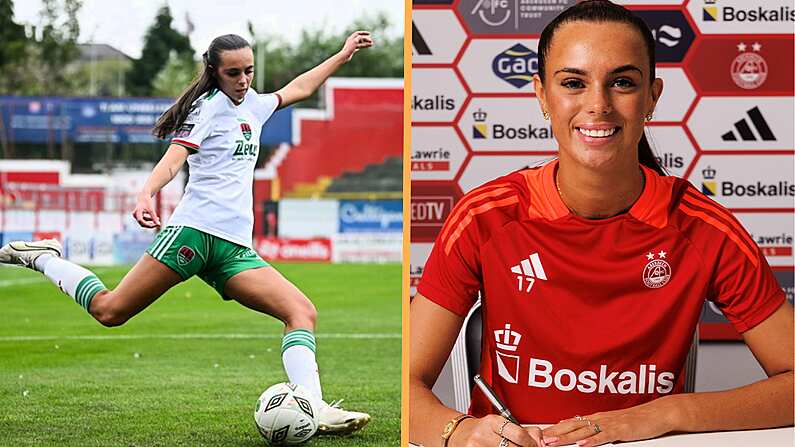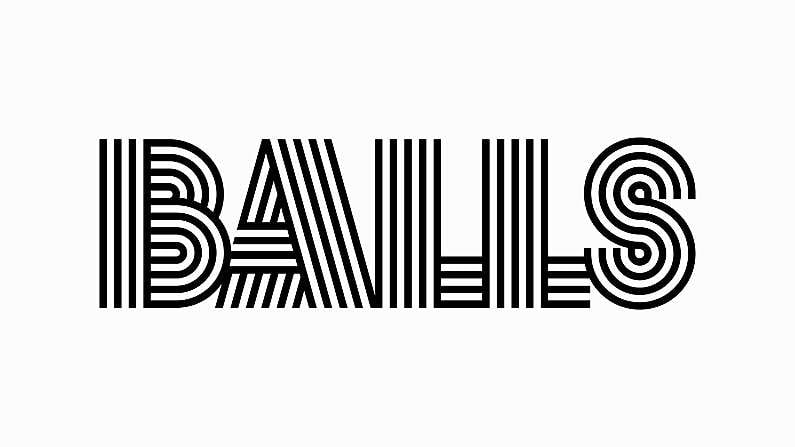The second half of the 1980s were tough times for Barcelona fans. El Tel had won them a League title in the middle of the decade but their hopes of a first ever European Cup title were dashed by a penalty shootout loss to the very unglamorous Steaua Bucharest in the final in Seville.
The following season - and this is a point that Eamon Dunphy was keen to stress in an RTE studio many years later - Barcelona were beaten home and away by Dundee United in the UEFA Cup. Republic of Ireland striker Tommy Coyne was the star striker for Jim McLean's doughty band that year.
[soundcloud url="https://api.soundcloud.com/tracks/254858312" params="auto_play=false&hide_related=false&show_comments=true&show_user=true&show_reposts=false&visual=true" width="100%" height="450" iframe="true" /]
Venables was fired and replaced by future European championship manager Luis Aragones. He won the Cope del Rey in his sole season there. But Real Madrid still held a vice grip on La Liga.
In desperation, they turned to a club hero. As a player, Cruyff led Barcelona to their first League title in fourteen years in 1973-74 winning the Ballon d'Or in the process.
He promptly offloaded fifteen players - including Gary Lineker - and drafted in twelve new players, hungry youngsters like defensive midfielder Eusebio and trusty centre-forwards like Julio Salinas.
Even more significantly, there was a major overhaul in style. Cruyff scrawled his fabled 3-4-3 formation on the blackboard on the first day of training. This was even more cavalier than the 4-3-3 that Rinus Michels employed with Holland in the 1970s. The team was made to worship the football. Even fitness work was done with the ball at their feet.
The style of play he engendered is still evident in the Barcelona of today.
Managers who usher in major change often experience wobbles early in their reign. Cruyff had a bumpy first couple of seasons.
However, following a very flat 1989-90 season, where he required the casting vote of the President in a board vote of no confidence, his Barcelona team took wing.
They won four La Liga titles on the trot between 1991 and 1994. Sweeter still, two of these arrived via astonishing chokes from Real Madrid on the final day of the season.
In both 1991-92 and 1992-93, table toppers Madrid lost away in Tenerife on the final day, allowing Cruyff's Barca to leapfrog them.
In 1992, Cruyff guided Barcelona to their first ever European Cup title. An extra-time free-kick from Ronald Koeman beat Sampdoria 1-0 at Wembley. Two years later, they reached the European Cup final again. Milan were the opponents and a titanic battle between two giants of European football was anticipated. However, Barca were humbled 4-0, with all the goals scored inside an hour.
Within a couple of seasons, he was gone. His direct involvement in the Nou Camp ended twenty years ago, but he bequeathed a remarkable legacy to his successors.
Barcelona achieved footballing immortality under his protege, and a member of his early '90s team, Pep Guardiola. It was Guardiola who paid the most unforgettable tribute to Cruyff's legacy.
All the coaches I had in my career were important but Cruyff was the most important of all. He was without equal on training and tactics and he helped me to understand the million details that decide why some matches are lost and some matches are won.
Johan Cruyff painted the chapel, and Barcelona coaches since merely restore or improve it.



